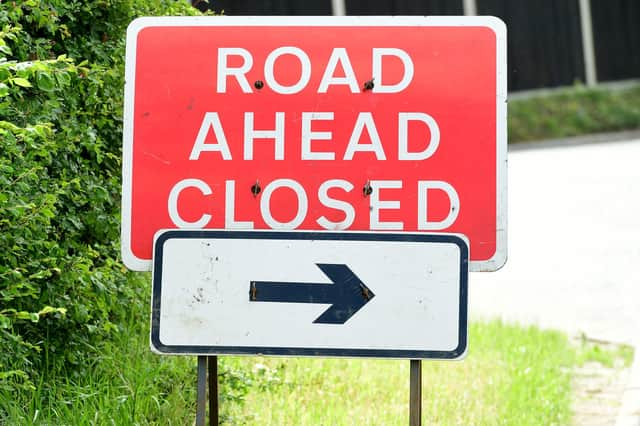Tens of millions of pounds ‘needed to restore substandard bridges in the East Riding’


The RAC Foundation said the threat of more severe weather due to climate change could lead to dangerous collapses on Great Britain’s highways and has urged councils to address unsuitable bridges.
Out of 487 bridges in the area, the East Riding of Yorkshire Council identified 40 which were unable to carry the heaviest vehicles regularly using highways – including lorries up to 44 tonnes – in 2021, figures from the RAC Foundation show.
Advertisement
Hide AdAdvertisement
Hide AdThe council estimates it would cost £20 million to restore them to a good condition. Nationally, local councils estimate they need to spend £4.2 billion on bridge restoration.
The national bridges group of the Association of Directors of Environment, Economy, Planning and Transport has urged the Department for Transport to invest in repairing bridges or face the risk of seeing more collapses than identified in the RAC Foundation figures. Councils reported 17 complete bridge collapses in 2021 – 12 in Dorset and five in Denbighshire.
A Department for Transport spokesperson said: “We are providing more than £5 billion of investment over 2020 to 2025 for highways maintenance to local highways authorities across England, including for the repair and maintenance of bridges.
“It is up to councils to decide how they use highways maintenance funding, based on their own needs and priorities.”
Councils across Great Britain said they would fix 2,374 (74%) bridges without budget restrictions, but just 379 (12%) are anticipated to be restored within the next half a decade.